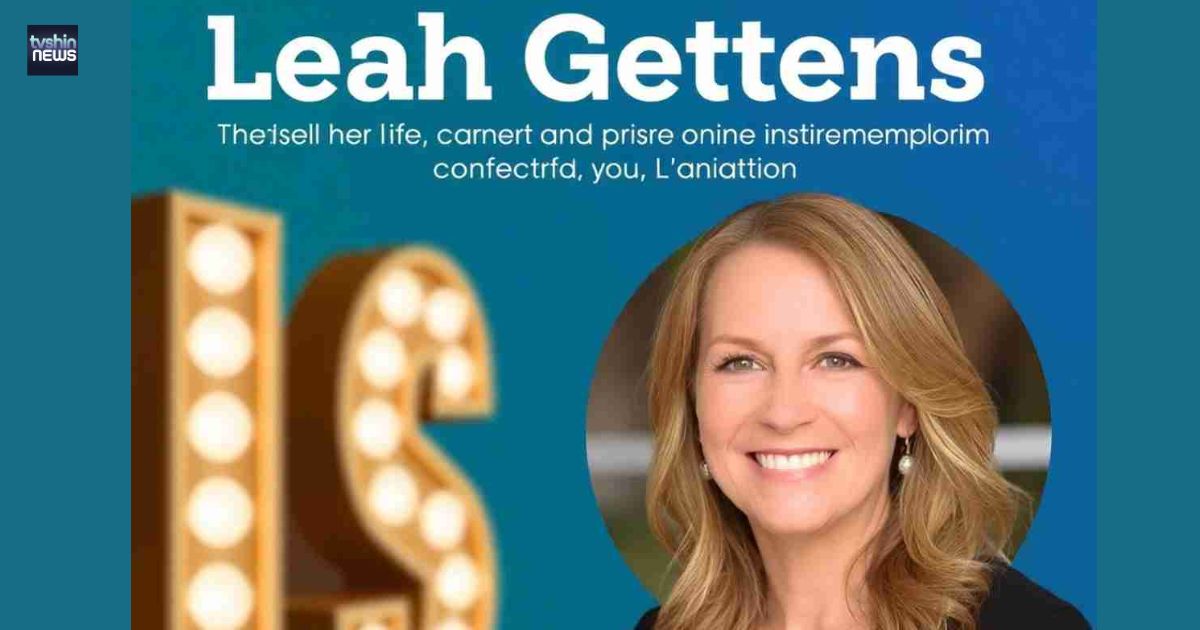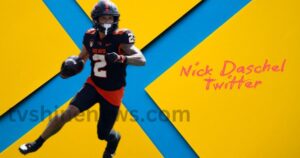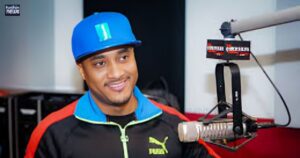In the dynamic landscape of engineering and technology, Leah Gettens stands as a beacon of innovation, leadership, and transformative mentorship.
Her extraordinary career represents more than just professional achievement; it embodies a comprehensive approach to engineering that transcends traditional boundaries.
Through her remarkable work as a process-improvement engineer at General Dynamics Electric Boat and her passionate involvement with Engineers Without Borders, Gettens has redefined what it means to be a modern engineer.
Her journey illuminates the critical intersection of technical expertise, social responsibility, and female leadership empowerment.
By systematically addressing gender disparities in STEM and championing sustainable engineering solutions, Gettens has become a pivotal figure in reshaping the technological landscape.
Early Career and Engineering Foundations: Laying the Groundwork
Leah Gettens’ path into engineering was not merely a career choice but a calling driven by curiosity and a profound desire to create meaningful change.
Her educational background provided her with robust technical skills, but her true differentiation emerged from her holistic approach to problem-solving.
Unlike traditional engineers focused solely on technical metrics, Gettens understood that true innovation requires understanding complex human and systemic dynamics.
During her formative years, she encountered numerous challenges typical of women entering male-dominated technological fields. These experiences didn’t discourage her; instead, they fueled her determination to not just succeed personally but to create pathways for future generations of female engineers.
Process-Improvement Engineering at General Dynamics Electric Boat: Operational Excellence
At General Dynamics Electric Boat, Gettens distinguished herself as an exceptional process-improvement engineer specializing in submarine manufacturing.
Her work wasn’t just about incremental improvements but reimagining entire operational frameworks to enhance efficiency and precision.
Her strategic interventions led to significant advancements in manufacturing processes, reducing production timelines and improving overall system reliability.
By implementing data-driven methodologies and cutting-edge technological solutions, she demonstrated how nuanced process improvements could translate into substantial operational efficiencies.
Key Contributions in Submarine Manufacturing
- Streamlined production workflows
- Implemented advanced quality control mechanisms
- Reduced manufacturing cycle times
- Enhanced inter-departmental collaboration
Engineers Without Borders: Global Development and Social Impact
Gettens’ commitment to global development projects through Engineers Without Borders (EWB) showcases her belief that engineering transcends technological innovation. Her involvement in post-conflict countries highlighted her dedication to community upliftment through sustainable engineering solutions.
Working in challenging environments, she developed infrastructure solutions that addressed critical community needs, demonstrating how technical expertise could directly contribute to societal transformation.
Her projects weren’t just about constructing physical structures but empowering local communities with knowledge, skills, and sustainable frameworks.
Mentorship and Leadership: Empowering Future Generations
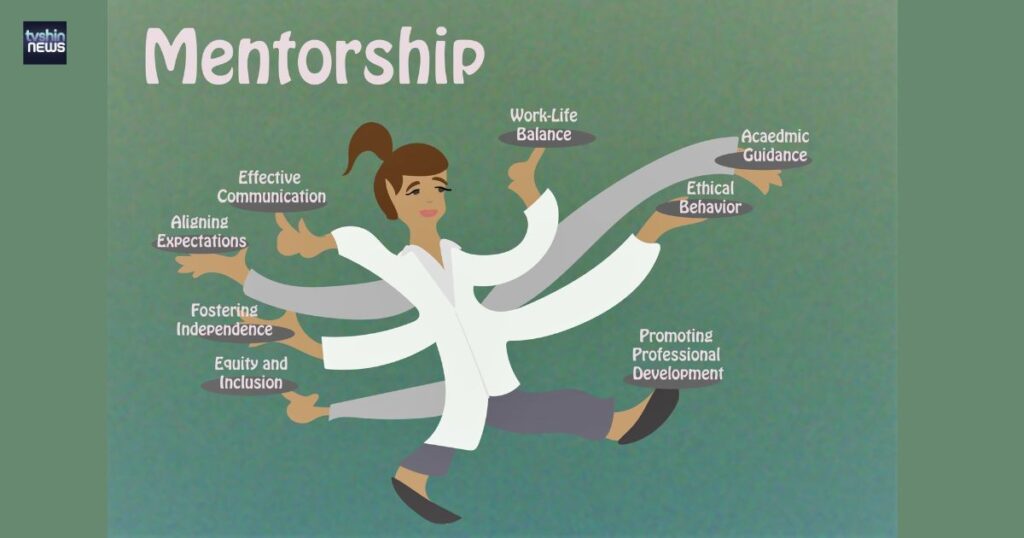
Through the SHE-CAN mentorship program, Leah Gettens has been instrumental in advocacy for women in STEM. Her approach goes beyond traditional mentorship, focusing on holistic professional development and personal empowerment.
By providing strategic guidance, sharing personal experiences, and creating supportive networks, she helps emerging female professionals navigate complex technological landscapes.
Her mentorship philosophy centers on building confidence, developing technical skills, and challenging systemic barriers that historically marginalized women in engineering.
Advancing Women in Engineering: A Comprehensive Strategy
Gettens’ advocacy extends beyond individual mentorship. She actively participates in industry conferences, educational programs, and corporate initiatives aimed at promoting diversity and inclusion in technology. Her multifaceted approach addresses gender disparities in STEM through:
- Representation in leadership roles
- Developing inclusive workplace cultures
- Creating mentorship and sponsorship programs
- Challenging unconscious biases
Personal Philosophy and Professional Approach
At the core of Leah Gettens’ professional journey is a profound belief in the transformative power of engineering. She views technology not as an isolated domain but as a critical tool for addressing complex global challenges.
Her philosophy intertwines technical excellence with social responsibility, demonstrating that true innovation must consider human and environmental contexts.
Balancing Professional Excellence and Personal Growth
Gettens’ approach to work-life integration serves as an inspiration for professionals across industries.
She emphasizes the importance of continuous learning, maintaining mental resilience, and creating supportive professional ecosystems.
Her personal strategies include:
- Prioritizing self-care and mental health
- Maintaining a growth mindset
- Building diverse professional networks
- Investing in continuous skill development
Future Aspirations and Continued Impact
Looking forward, Leah Gettens remains committed to pushing technological boundaries while championing inclusive leadership.
Her future goals include developing more comprehensive mentorship frameworks, advancing sustainable engineering solutions, and creating platforms that amplify underrepresented voices in technology.
Technological Innovation and Strategic Problem-Solving
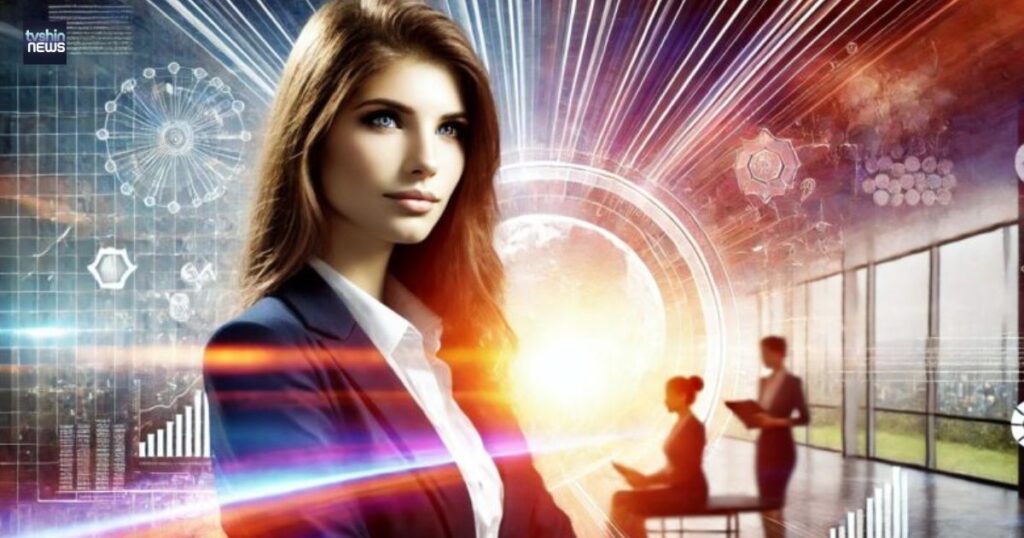
Leah Gettens represents a new generation of engineers who view technology as a holistic solution to complex global challenges.
Her approach to technological innovation goes beyond traditional engineering paradigms, integrating strategic problem-solving with a deep understanding of socio-economic contexts.
At the intersection of technical expertise and strategic thinking, Gettens has developed a unique methodology that transforms complex challenges into actionable solutions.
Her work demonstrates that true technological innovation requires more than technical skills—it demands creativity, empathy, and a comprehensive worldview.
Navigating Complex Engineering Ecosystems
The engineering landscape is increasingly complex, requiring professionals to adapt quickly and think systemically.
Gettens has distinguished herself by her ability to navigate these intricate ecosystems, bridging technical departments, understanding interdisciplinary challenges, and creating collaborative frameworks.
Her approach involves:
- Comprehensive systems analysis
- Cross-functional collaboration
- Strategic technology integration
- Adaptive problem-solving methodologies
Sustainable Technology and Environmental Considerations
Beyond her professional achievements, Leah Gettens has been a vocal advocate for sustainable engineering solutions. Her work consistently emphasizes the critical relationship between technological development and environmental stewardship.
Through her projects with Engineers Without Borders and her role at General Dynamics Electric Boat, she has demonstrated how engineering can be a powerful tool for sustainable development.
Her approach considers long-term environmental impacts, resource efficiency, and community resilience.
Leadership Development and Organizational Transformation
Gettens’ leadership philosophy extends beyond traditional management approaches. She views leadership as a transformative process that involves continuous learning, empowerment, and creating adaptive organizational cultures.
Her leadership model focuses on:
- Developing emotional intelligence
- Fostering inclusive workplace environments
- Encouraging continuous professional development
- Implementing transparent communication strategies
Technology Transfer and Knowledge Sharing
One of Gettens’ most significant contributions has been her commitment to technology transfer and knowledge sharing.
Recognizing that technological progress is a collaborative endeavor, she has consistently worked to break down knowledge silos and create platforms for cross-cultural and interdisciplinary learning.
Her efforts in this domain have been particularly impactful in post-conflict regions, where technology can be a powerful tool for reconstruction and community empowerment.
Ethical Considerations in Engineering Practice
Leah Gettens has been a prominent voice in discussions about ethical considerations in engineering practice. She argues that technological solutions must be evaluated not just for their technical efficiency but for their broader societal and ethical implications.
Her ethical framework encompasses:
- Respect for human dignity
- Environmental sustainability
- Social responsibility
- Transparent decision-making processes
Interdisciplinary Collaboration and Innovation
Understanding that the most significant breakthroughs occur at the intersection of different disciplines, Gettens has been a strong proponent of interdisciplinary collaboration.
Her work demonstrates how engineers can create more comprehensive and innovative solutions by integrating insights from fields like sociology, environmental science, and economics.
Technological Education and Skill Development
Gettens has been instrumental in reimagining technological education. She advocates for educational models that go beyond traditional technical training, emphasizing soft skills, critical thinking, and adaptability.
Her vision for technological education includes:
- Holistic skill development
- Practical, project-based learning
- Emphasis on ethical considerations
- Global and cultural competence
Resilience and Personal Growth in Professional Environments

Throughout her career, Gettens has exemplified extraordinary resilience. Her journey illustrates how personal growth and professional development are deeply interconnected, and how challenges can be transformed into opportunities for learning and advancement.
Emerging Technologies and Future Perspectives
Looking toward the future, Leah Gettens remains optimistic about technology’s potential to address global challenges.
She is particularly interested in emerging technologies like artificial intelligence, renewable energy systems, and advanced manufacturing techniques.
Her perspective emphasizes the need for:
- Continuous learning
- Ethical technology development
- Global collaboration
- Human-centered design approaches
Conclusion
Leah Gettens represents a new paradigm of engineering leadership—one that seamlessly blends technical prowess, social consciousness, and transformative mentorship.
Her journey offers profound insights into how individual professionals can drive systemic change.
Frequently Asked Questions (FAQ’s)
How did Leah Gettens start her engineering career?
Through a combination of strong educational foundation, curiosity, and determination to overcome systemic challenges.
What makes her mentorship approach unique?
Her holistic approach focuses on technical skills, personal development, and systemic empowerment.
How can young engineers follow a similar path?
By maintaining a growth mindset, seeking diverse experiences, and viewing engineering as a tool for broader societal transformation.
What are the biggest challenges for women in STEM?
Systemic biases, lack of representation, limited mentorship opportunities, and workplace cultural barriers.
How does process improvement contribute to engineering excellence?
By continuously optimizing workflows, implementing innovative technologies, and fostering a culture of continuous learning and adaptation.
